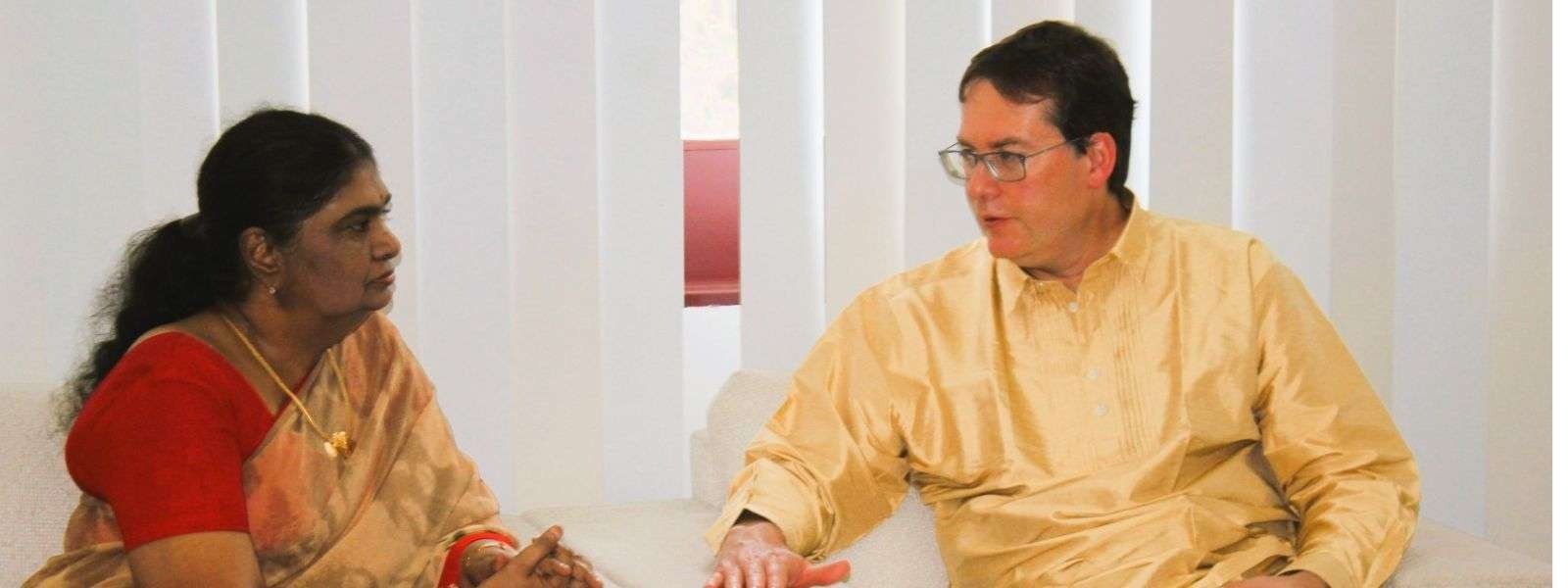
IMF Talks Tax and Resilience with Sri Lanka's North
A high-level team from the International Monetary Fund (IMF) visited Sri Lanka's Northern Province on Sunday, holding a focused discussion with Governor P.S.M. Charles and key stakeholders on the region's economic struggles and potential pathways for recovery.
The meeting, organized by the Governor's Secretariat, brought together representatives from Jaffna University, local businesses, small and medium enterprises (SMEs), and the IMF.
Governor Charles briefed the IMF team on pressing issues faced by the province, including ongoing development projects, inadequate infrastructure, climate change impacts, and difficulties in compensating flood-affected farmers.
Jaffna University representatives presented their analysis of the current economic situation, highlighting the challenges posed by the Easter bombings, COVID-19 pandemic, economic crisis, and recent tax increases. They advocated for stricter implementation of anti-corruption laws, revised distribution policies, and continued focus on reconciliation efforts.
Business representatives and SME owners expressed concerns about the new tax policy's burden on their already crisis-stricken activities. They reported difficulties obtaining loans from banks and navigating changes in interest rates, further hindering their operations.
The IMF delegation, led by Senior Mission Chief Peter Breuer, acknowledged the hardships caused by the tax increase and acknowledged the country's need for stricter economic policies to overcome entrenched issues. However, Breuer pointed to positive economic indicators towards the end of 2023 and stressed the importance of sustaining these improvements.
"While we saw a small uptick in the third quarter of 2023, we're still far from robust, inclusive growth. Inflation hit 70% last year, disproportionately impacting those without savings or buffers. The path to recovery will require sustained commitment to sound economic policies," said Peter Breuer, Senior Mission Chief for Sri Lanka, IMF.

